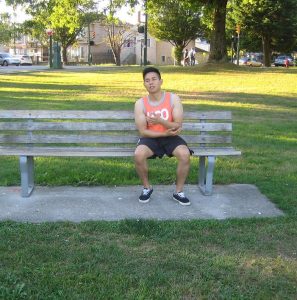Inflammatory arthritis might affect several joints simultaneously. Oftentimes, an overly active or malfunctioning immune system is the root cause of the inflammation.
What are the signs?
The main signs of inflammatory arthritis include pain and rigidity in the morning or after prolonged periods of rest or inactivity. Among those with the condition, the morning stiffness generally lasts more than 60 minutes.

Redness, swelling and warmth are likely to occur in or around the affected joints. Remember that the condition not only affects the joints, but also the skin or internal organs. The condition can affect individuals of all ages, but often those in the prime of life.
What are the types of inflammatory arthritis?
The common forms of chronic inflammatory arthritis include psoriatic, rheumatoid and ankylosing. Among those who do not have any evident musculoskeletal symptoms, the inflammatory conditions that do not have joint involvement might include tendinitis, bursitis or polymyalgia rheumatica.
If there are 1-3 joints affected, it is considered as an acute inflammatory condition such as gout, infectious arthritis, reactive arthritis, pseudogout or chlamydial arthritis.
In case 4 or more joints are involved, it is categorized as conditions such as drug-induced arthritis, viral arthritis, rheumatic fever, early connective tissue disease, palindromic rheumatism or remitting seronegative symmetrical synovitis.
Management of inflammatory arthritis
The treatment for inflammatory arthritis is aimed on the specific condition, symptoms and severity. Several drugs might be given such as non-steroidal anti-inflammatory drugs (NSAIDs) to lessen the pain and swelling as well as disease-modifying antirheumatic drugs (DMARDs) or biologic agents which stop the disease progression and damage to the joints. In some cases, corticosteroids are given to cease the inflammation.
